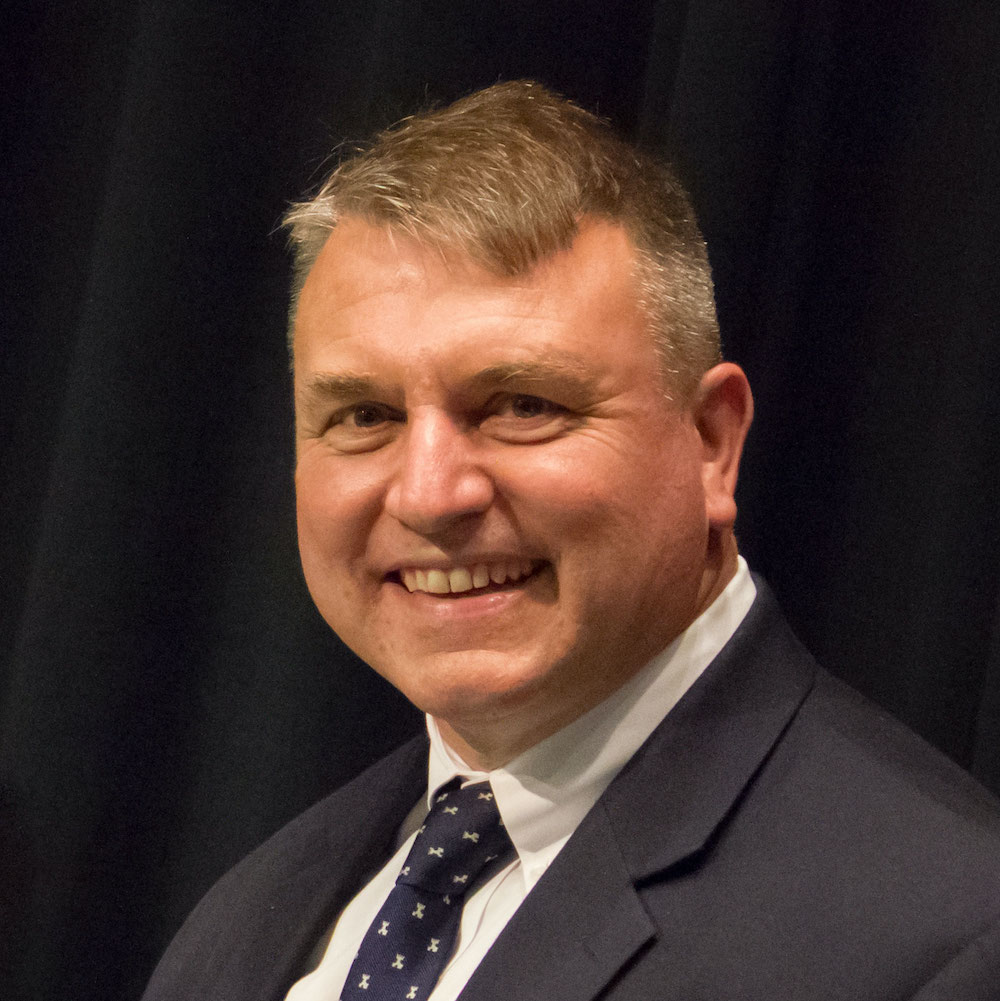|
Getting your Trinity Audio player ready...
|
[Editor’s Note: This is the first in a multi-part series on the unsung heroes of Christendom.]
It has long been a desire of mine to sing the praises of the unsung. These are those heroes of Christendom who are neglected and not as well-known as they should be. I am now able to sing such praises due to the generosity of Eric Sammons, editor of Crisis Magazine, who has invited me to write a series on “Unsung Heroes of Christendom.” Accepting his invitation with enthusiasm, I will begin with an elucidation of the criteria by which the “unsung heroes” will be selected.
As already stated, those selected will not be household names. They will be largely unknown or little-known even in good Catholic households. There will be a few saints among those selected—though they will not be the famous saints whom everyone knows. Most, however, will be people who have not been officially recognized or canonized by the Church. Some might not even be Catholics but will be treated as heroes of Christendom on the basis of their contribution to Christian civilization or their witness to Christian truth.
At this juncture, in order to avoid confusion, we should define what is meant by “Christendom”; but before doing so, we should state what Christendom is not. It is not something purely historical, referring solely to a particular period in history that has already passed away. It is not defined and confined by anything merely “medieval.” If it could be thus defined and confined, it could be said that Christendom is a thing of the past, something of merely historical interest, with little or no relevance to the modern world, the latter of which is post-Christendom and therefore, by implication, post-Christian. Contrary to such a constricted understanding, we need to see Christendom as a continuous and ever-contemporary reality.
Orthodox. Faithful. Free.
Sign up to get Crisis articles delivered to your inbox daily
Christendom is best and most succinctly defined in traditional ecclesiological terms as the Church Militant. Whereas the Church in eternity is the Church Triumphant (Heaven), the Church in time is always the Church Militant, which is to say that she is the Church at War. Her war is not fought with soldiers but with saints and also with those sinners who are trying to become saints. Her weapons are not those that bring death but those which give life.
The culture of life that she brings with her is animated by the goodness of virtue, the truth of reason, and the beauty of God’s image in His creatures. Christendom is nothing less than the wellspring of civilization. It is the Presence of Christ in the world through His Presence in the Church He founded—against which the gates of Hell will not prevail—and the culture of goodness, truth, and beauty which Christ’s Presence inspires.
The heroes of Christendom have witnessed to the good, the true, and the beautiful. Saintly souls have witnessed to the good in lives of self-sacrificial love, showing by example that the highest form of heroism is holiness; noble souls have witnessed to the truth by the light of true reason, reflecting the Logos by showing that sanity and sanctity are one; contemplative and creative souls have witnessed to beauty by seeing the life of God in Creation and by shining forth God’s creative presence in their own creative gifts. Thus, the heroes of Christendom are the saints, the sages, and the poets. The heroes of Christendom have witnessed to the good, the true, and the beautiful. Tweet This
We all know the greatest saints. We know the Apostles. We know Saints Benedict, Francis, and Dominic. These great saints are singers of great songs and we sing their praises. They sang and are still sung. The same can be said of the great sages. We know of Socrates, Plato, and Aristotle, whose wisdom was baptized by Augustine and Aquinas, forming the foundation of Christian realism. And we know the great poets: Homer, Virgil, Dante, Shakespeare; Giotto, Michelangelo, Leonardo, Fra Angelico; Bach, Mozart, Beethoven, Brahms. These all sang and are still sung.
But what of those who sang but are unsung?
What of those lesser-known saints whose lives of heroic self-sacrifice have been forgotten? What of the sages whose words of wisdom were unheard or unheeded, whose warnings that bad ideas have bad consequences were ignored? What of the poets who sang beautifully but whose voices were drowned out by the din of discord? What of those who were well-known in their own day but have been buried by the sands of time? What of those who were silenced in their own time or have been silenced in our time through the tyranny of “political correctness”?
It is these unsung heroes of Christendom who will be the focus of the series. It is hoped, indeed, that the series will itself be a song of praise to the unsung. Let the music begin!
